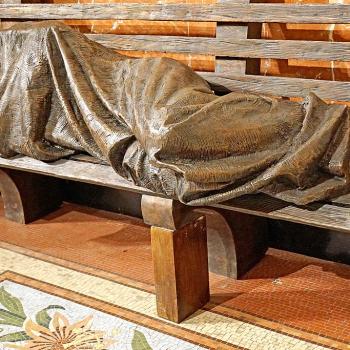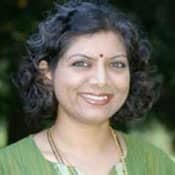Parents eager to encourage them in holding on to the traditions of their native India, organize concerts and competitions. Along with the discipline that the training provides, children have to learn to balance: along with the Christmas carols, hymns, and gospel music of Handel, Howe, and Dorsey, they add to their repertoire the geetams, varnams, and kirtanas of Thyagaraja and others.
Fortunately, young people today have help along this journey from universities, organizations, and people. Consider Cleveland State University and the late Prof. Thomas Temple Tuttle (1933-2000). Tuttle's interest in music as a child led to a doctoral degree from the University of Maryland; interest in ethnomusicology led him to Carnatic music, with a focus on how he might best teach the principles of Carnatic music to Western students. His association with the (late) percussion guru Ramnad V. Raghavan, and acquaintance with others in the Indian community, led to the creation of the annual Cleveland Thyagaraja Festival.
More recently, another educational institution, Oakland University in Michigan, and another ethnomusicologist, Mark Stone, have helped the Great Lakes Aradhana Committee (GLAC) organize Sarovar 2011, the first Indo-American Festival of Performing Arts for global peace and harmony.
At the top of the GLAC site, there is a Thyagaraja lyric that explains the underlying principle: "SangIta jnAnamu bhakti vinA sanmArgamu galadE manasA"— "Is there a better way than knowledge of music coupled with devotion to lead to the path of salvation?"





